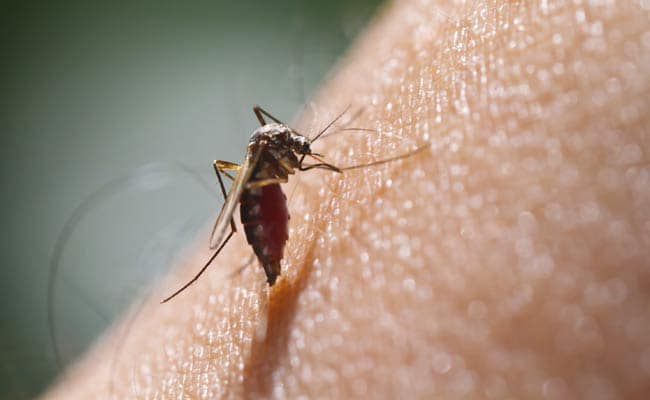Highlights
- American scientists are working towards making a drug that will control the birth of mosquitoes.
- Scientists have found a protein for Nevada mosquitoes that is very important for their children.
- Protein targeting this protein will help reduce the population of mosquitoes.
- It is hoped that this discovery will be able to form a new pesticide compound in the next five years.
In future, fatal diseases such as malaria and dengue can be restrained. Thousands of people die from these diseases caused by mosquitoes. In this way, American scientists are working towards making a drug that can control the birth of mosquitoes. Researchers at the University of Arizona said that they have found a protein for female mosquitoes that is very important for their children. When the scientists blocked this protein, the female mosquitoes gave the eggs with the discrete shells, which caused the embryo to die inside.
The team of researchers said that if a drug or medicine is developed that is targeted on this protein, it can be found to reduce the mosquito population without harming beneficial insects like bees. Roger Miesfeld, chief of the University’s Chemistry and Biochemistry Department, said that this is an important discovery. Not only can mosquitoes control the population, but it is much safer than other methods.
According to the World Health Organization, the mosquito is one of the deadliest animals in the world. The organization has warned that global progress against malaria is halted. About 216 million people were infected with this disease in 2016, out of which 4 lakh 45 thousand people died. These people mainly included infants and young children.
Miesfeld said that the current methods used to control mosquitoes are very old. The mosquito was becoming resistant due to its long use. He said that the research team was surprised to know that the female mosquitoes who were treated on mosquitoes could not reproduce during their remaining lifespan. He further hoped that due to this discovery, a new consignment of pesticides could be prepared in the coming five years.




